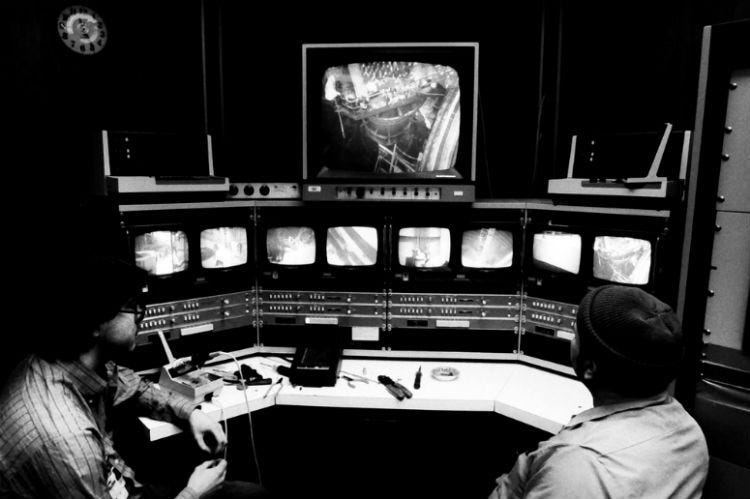
___
“It was very vague, the information for the first few hours was very vague,” said KYW Newsradio's Richard Maloney, who was part of the team that covered Three Mile Island. He says the first public information came from Metropolitan-Edison vice president Jack Herbein.
“He came out and said that everything was under control, there'd been no radiation leak and there was no problem. The problem was that he lied," Maloney said.
In a news report, KYW Newsradio late Harrisburg Bureau Chief Sandy Starobin said on air 40 years ago, “The president of Metropolitan-Edison insisted there was no danger from Three Mile Island.”
“Unfortunately, the credibility for Met-Ed collapsed and was never to be regained during the entire incident. And it kind of set the scene for how the nuclear industry was going to be perceived then throughout that crisis and forever more. They lost their trust," Maloney said.
There are a few things to remember when looking back 40 years.
First, this is pre-internet and before 24-hour cable news.
“Rumors were starting to fly that livestock and animals were dying closer to Three Mile Island," Savoth said.
They weren’t.
Maloney credits two men with preventing mass hysteria: former Pennsylvania Gov. Dick Thornburgh and Harold Denton from the Nuclear Regulatory Commission.
___

